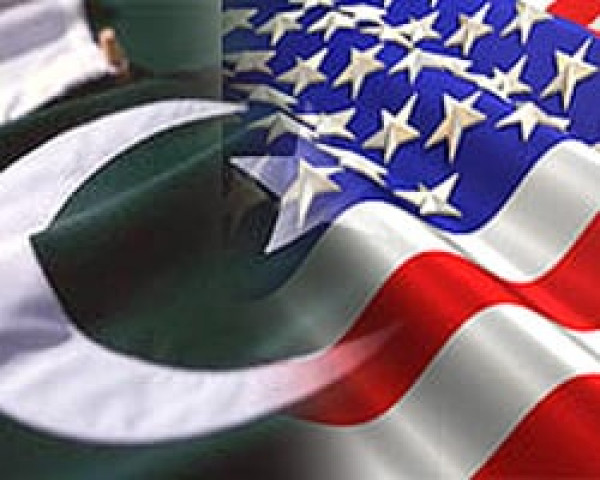CIA-ISI joint operations stand frozen
Pakistan-US ties became more tense after a string of diplomatic disputes.

Joint US-Pakistan intelligence operations have been halted since late January, a senior Pakistani intelligence officer said, reflecting strain in a relationship seen as crucial to combating militants and the war in Afghanistan.
Uneasy US-Pakistani ties have become even more tense after a string of diplomatic disputes so far this year, including a massive drone strike in March and the case of Raymond Davis, a CIA contractor who shot dead two Pakistanis on Jan 27 in Lahore.
“Presently, joint operations are on hold,” said a senior Pakistani intelligence officer, adding that they were halted after Davis killed the two men. A court in Lahore has since acquitted Davis of murder and he has been released.
Previous joint operations between the Inter-Services Intelligence (ISI) agency and the CIA have led to the capture of high-profile al Qaeda and Taliban leaders, including Khalid Sheikh Muhammad, the alleged mastermind of the Sept 11, 2001 attacks on the United States.
“The agency’s ties to the ISI have been strong over the years, and when there are issues to sort out, we work through them,” CIA spokesman George Little told Reuters. “That’s the sign of a healthy partnership.”
But a US official familiar with the state of relations said the Pakistanis are making more effort to curb, restrict, or at least more intensely monitor, CIA activities. The revelation that armed CIA contractors such as Davis were working in Pakistan deeply angered and embarrassed the ISI.
“It is our land. We know how to tackle things. We will set the rules of the game. It is not Afghanistan,” said a senior Pakistani military official. “They have to cease spying operations.”
Since then, a few dozen contractors the ISI says are associated with the agency – the exact number is unclear – and part of a parallel intelligence network have quickly and quietly left the country.
A small contingent of American troops training Pakistanis in counter-insurgency is also in danger of being reduced.
The frequency of drone strikes, an unacknowledged CIA programme that the United States considers its most successful weapon against al Qaeda and the Taliban leadership and which relies on at least some Pakistani cooperation, also has fallen, with just nine strikes in March compared to a peak of 22 in September 2010.
“It is very clear that intrusion into our territory is no longer acceptable and drone flights inside our territory is an intrusion,” said the military official, suggesting the drones could be shot down.
Civilian casualties inflame anti-American sentiment in Pakistan and bolster support for the militants. The latest strike, on March 17, killed at least 45 people, leading Pakistan Army chief General Ashfaq Kayani, to issue a rare, public criticism of the United States, which in turn is frustrated at Pakistan’s apparent reluctance to launch a major military offensive against militants in its tribal North Waziristan region that borders Afghanistan. A semi-annual White House report on Afghanistan and Pakistan harshly criticised Pakistan as having “no clear path toward defeating the insurgency.” Pakistan rejected the report and said it would deal with insurgents in its own way.
The strain in relations could hinder efforts by the Obama administration to get the annual $1.5 billion in economic assistance for Pakistan appropriated for the 2012 fiscal year through Congress, said Bruce Riedel, a former CIA Middle East expert who has advised the White House.
“Foreign aid is always something that’s easy to cut by a budget-tightening Congress, and foreign aid to Pakistan would be the easiest thing to cut,” he said. “It’s very hard to persuade congressmen why we should be giving money to a country that supports the Afghan Taliban.”
But no matter how bruised they become, US-Pakistani ties are too strategic to unravel. “We need to work together more transparently and not let incidents like Raymond Davis damage the relationship,” said the Pakistani intelligence officer. “The stakes are too high.”
Published in The Express Tribune, April 10th, 2011.



















COMMENTS
Comments are moderated and generally will be posted if they are on-topic and not abusive.
For more information, please see our Comments FAQ